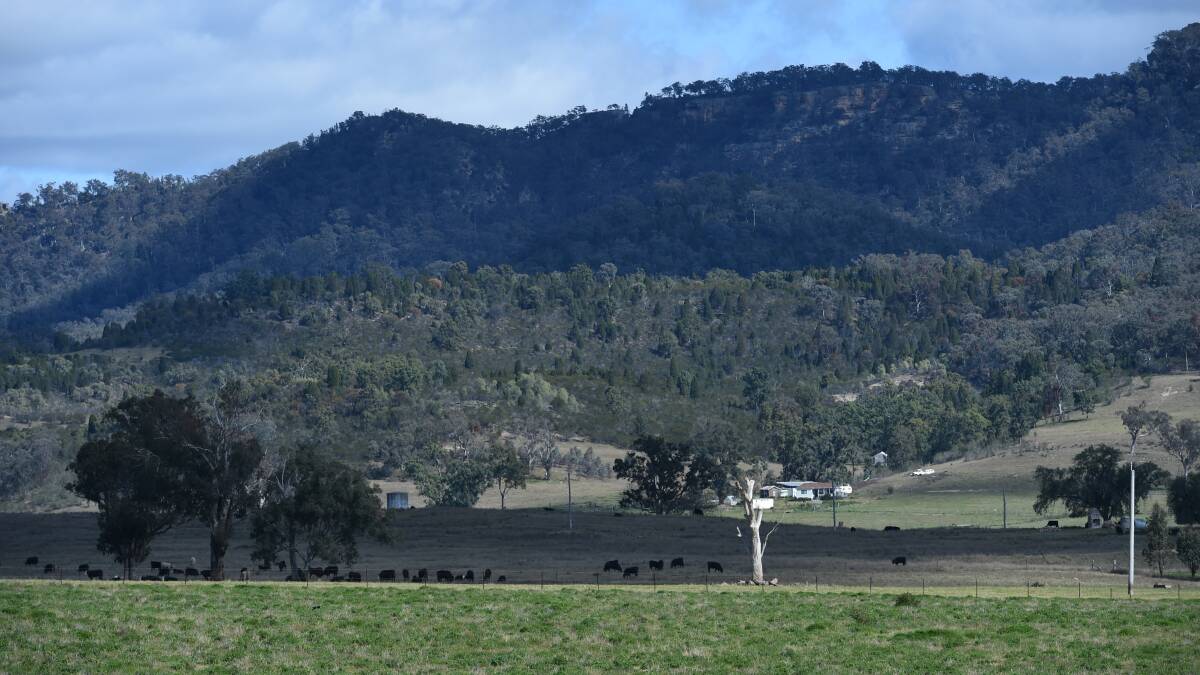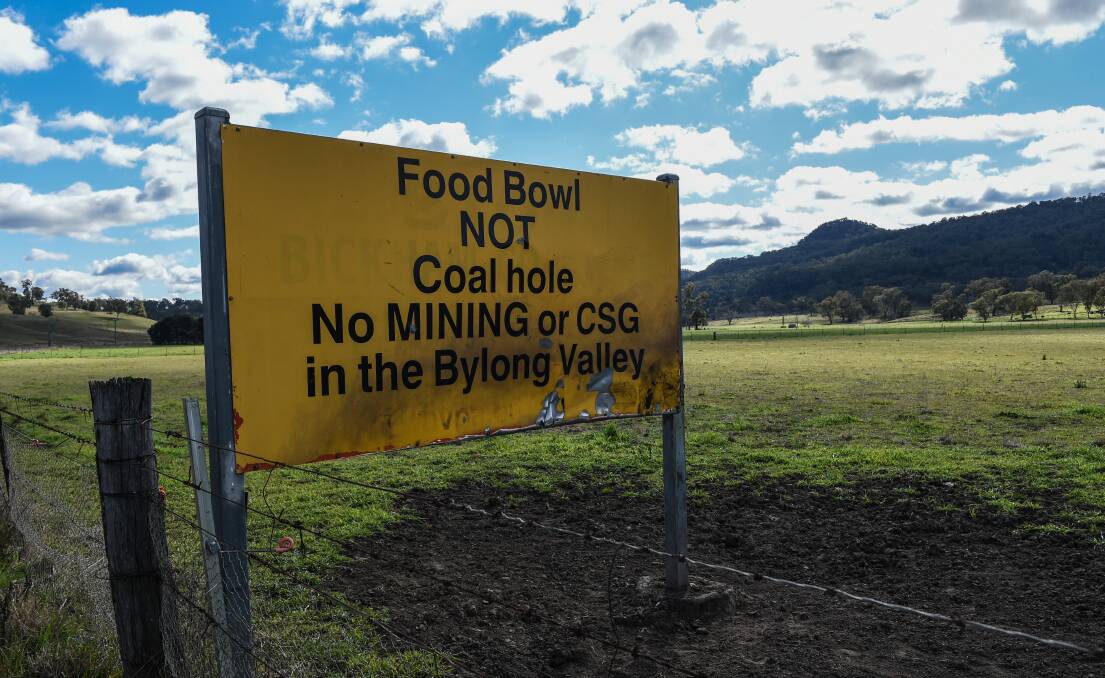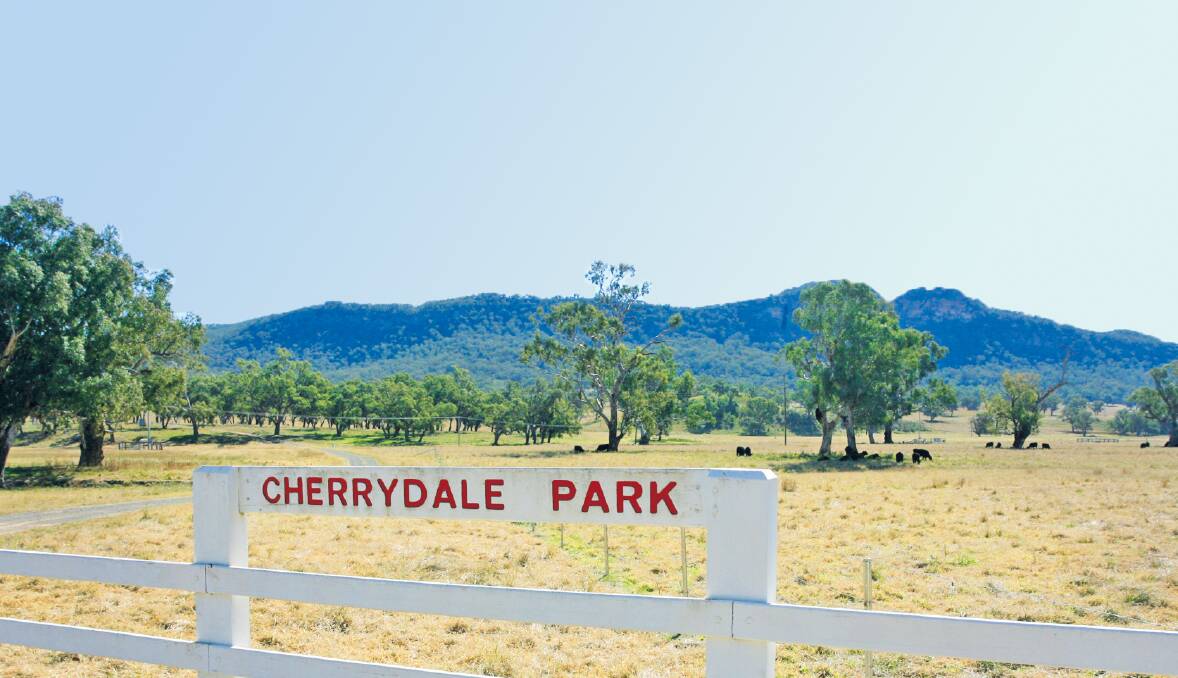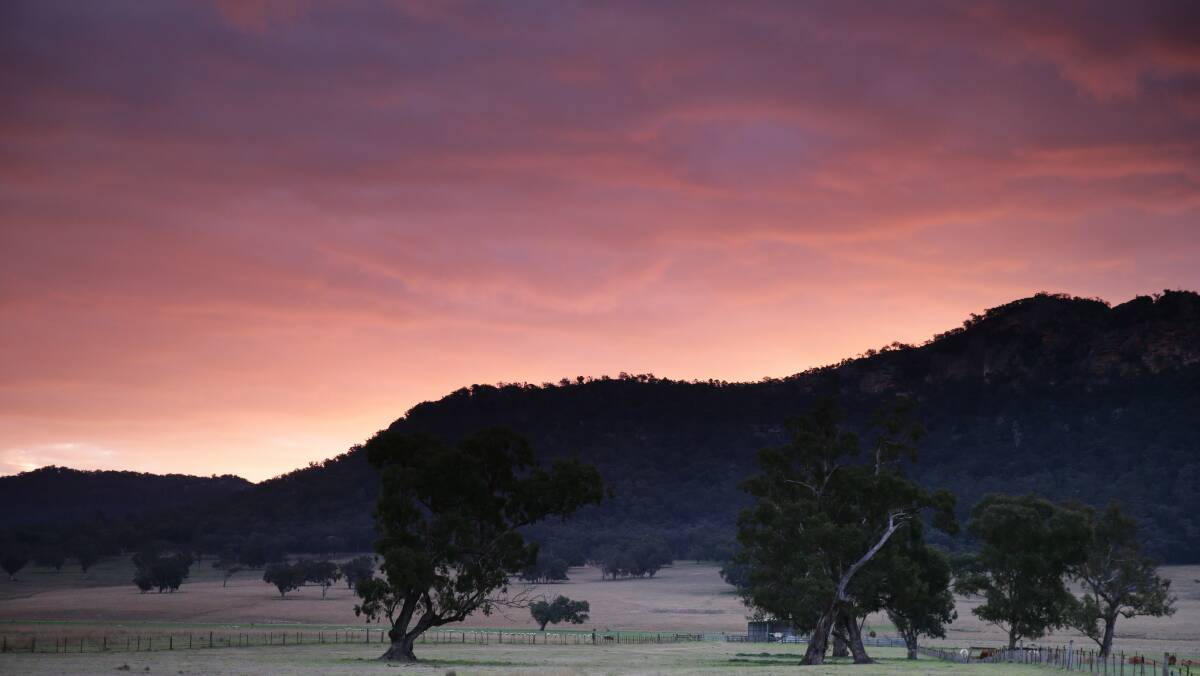
A NSW Government department warned that large sections of an Upper Hunter river could “dry up” if a controversial coal mine was approved, documents obtained under freedom of information have revealed.
Subscribe now for unlimited access.
or signup to continue reading
The warning is the first public admission that the proposed Kepco coal mine in the Bylong valley between Denman and Mudgee could cause the Bylong River to “dry up” after previous warnings of significant negative water impacts from the project.
NSW Water representatives warned the Department of Primary Industries that the proposed Bylong coal mine could cause the Bylong River and creeks to “dry up”, and an alluvial aquifer in the premium agriculture area to be “dewatered”, in an assessment in late 2016 after a number of government departments raised serious questions about the project.
But a stark NSW Water warning that seven modelled water impact scenarios “would potentially result in significant sections of the Bylong River to cease flowing” either was not communicated to the Department of Planning, or was ignored, after the department recommended the Korean Government-backed mine be approved.
“It’s really not clear why a red flag wasn’t thrown up by this warning,” said Lock the Gate NSW spokesperson Georgina Woods.

“It may just be that warnings of this kind about rivers actually drying up aren’t having the necessary impact on government agencies because it’s so routine for them to find ways to make mines palatable,” she said.
Lock the Gate has written to the Department of Planning asking for the documents to be taken into account in an assessment report before the Bylong proposal is referred to the NSW Independent Planning Commission for a final decision. The referral is expected by mid-year.
The documents were made public after a company owned by the family of disgraced former NSW Labor Government minister Eddie Obeid sought them under freedom of information legislation. The company, Locaway Pty Ltd, owns Cherrydale Park in the Bylong valley.

The Department of Primary Industries documents show the proposed Kepco mine – the first in the Bylong valley – poses a “risk to government” because the security of water supply to the project “will not be sufficient under drought conditions” and could result in Kepco seeking additional water under licence.
The documents identify the “main risk to the environment” as the alluvial aquifer in the rich agriculture valley “potentially able to be significantly or entirely dewatered as a result of mining”.
“Inherent in this risk is also that the Bylong River and other local creeks in the vicinity of the mine will also cease to flow as a result of mining,” the department found.
Kepco has applied to operate the greenfield mine for 25 years and extract more than 120 million tonnes of coal for domestic Korean use.
In its environmental assessment and responses to strong criticism from community and environment groups and government departments, Kepco acknowledged there may be “severe” conditions during drought where the proposed bore field is unable to provide “make-up water” for mine operations.

A Planning and Assessment Commission report in 2017 noted Kepco said it would “possibly curtail coal production to reduce water demand” under severe drought conditions, but at least one government department believes a request for an expanded water licence is a more likely scenario.
The Department of Planning said it was “unlikely” private water users in the valley would experience impacts from the mine, and accepted Kepco’s assessment that loss of surface flow to the Bylong River from alluvial depressurisation would be detectable but within the river’s “natural variation”.
But the Planning Assessment Commission in 2017 found some of the department and Kepco assertions on water impacts “difficult to accept” and “significant uncertainty about potential consequences” from the mine remained.
Ms Woods said it was “completely unacceptable” for the government to approve a coal mine that would cause a river to dry up.
“This is an extraordinary and unacceptable impact that should now trigger urgent action from the NSW Government to reject this mine and step in to protect our river systems,” Ms Woods said.
A spokesperson for Kepco said the 2016 documents were “out of date information”.

